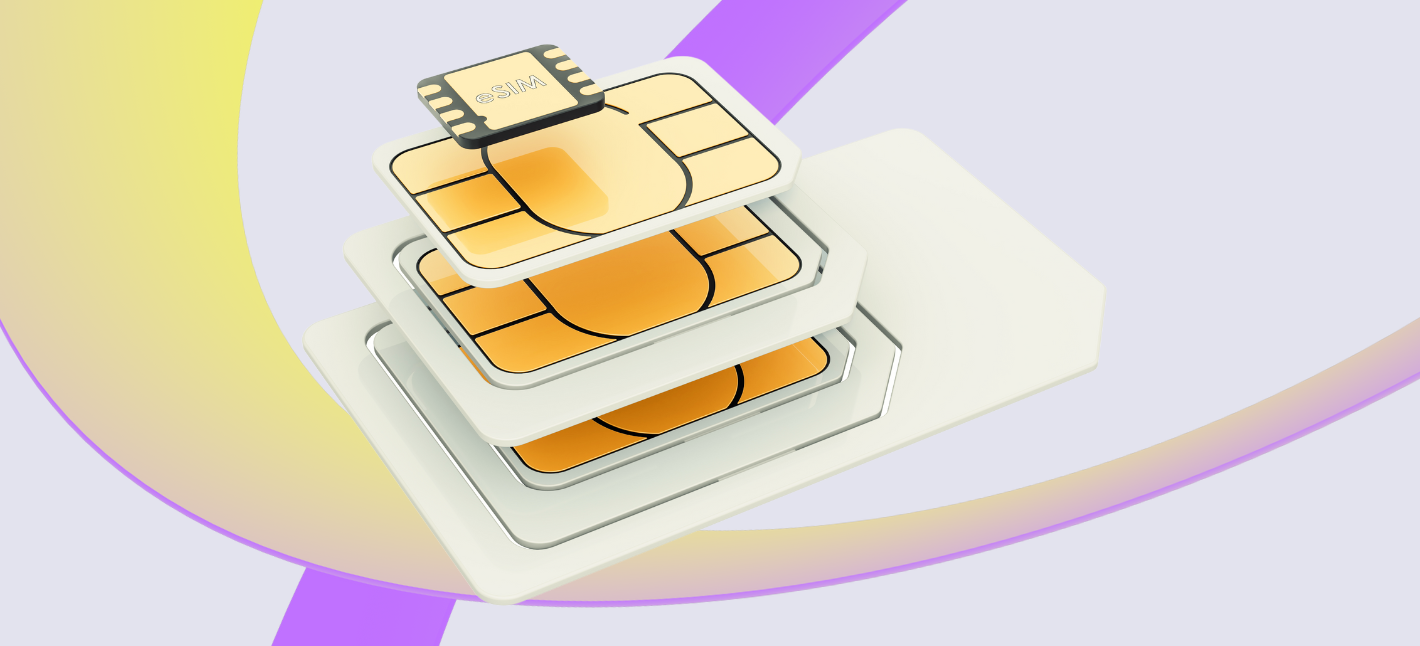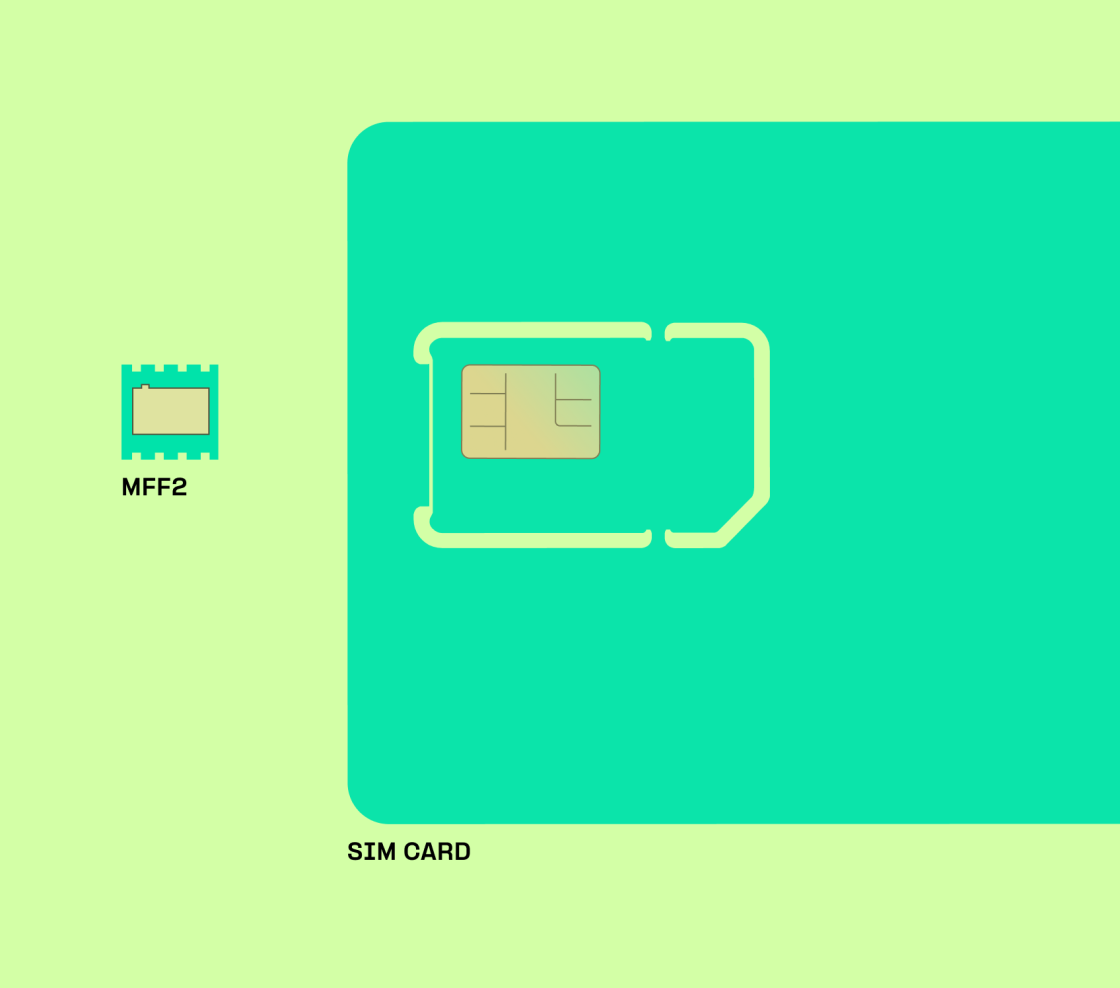Iot Sim Card South Africa North America IoT Data Plan
The introduction of the Internet of Things (IoT) signifies a transformative era in connectivity, and SIM cards play an important role in facilitating this process. Their operate extends past traditional telecommunication; they are a cornerstone for device communication throughout varied functions. SIM cards, or Subscriber Identity Modules, allow gadgets to connect to cellular networks, thus permitting seamless data transmission and communication.
In IoT ecosystems, SIM playing cards function secure gateways for gadgets to work together with cloud companies and analytics platforms. Each SIM card provides a unique identification to the IoT device, authenticating it inside the cellular community. This id is essential for guaranteeing that solely licensed units can connect and communicate, thereby elevating the general safety of the IoT framework.
The telecommunications trade has evolved considerably to help the burgeoning IoT market. Now, SIM playing cards are not only physically embedded but additionally designed as eSIMs, or embedded SIMs. These fashionable options permit units to change networks while not having to exchange the cardboard physically. This flexibility is vital for IoT applications that will require network modifications or adjustments based mostly on geographic places or service requirements.
Iot Sim Card Guide Single-Core Global eUICC IoT SIM
The scalability supplied by SIM playing cards can be noteworthy. IoT deployments can initially begin with a quantity of gadgets and easily broaden to hundreds. Each of those devices can independently connect with the community through its SIM card, enabling seamless integration and administration. This scalability is prime for industries adopting smart technologies, corresponding to smart cities, agriculture, logistics, healthcare, and manufacturing.
Furthermore, the position of SIM cards in international IoT connectivity can't be understated. With the arrival of roaming agreements and multi-network SIMs, units can keep connected even when moving throughout geographic boundaries. This capability is particularly useful for applications involving logistics tracking, environmental monitoring, and fleet management, the place gadgets could journey throughout cities or countries.
Moreover, the integration of SIM cards with IoT platforms facilitates real-time monitoring and control. For instance, smart meters outfitted with SIM cards can transmit knowledge again to utility providers, allowing for better resource management and extra accurate billing. Since these meters are linked continuously, they provide invaluable information that may help in optimizing operations.
Sim Card For Iot Reliable IoT SIM Cards Global Connectivity
The security of IoT gadgets is another critical facet the place SIM cards shine. With embedded safety features, SIM playing cards are integral to protecting delicate information. They provide encryption and secure authentication strategies that safeguard data being transmitted over cellular networks. This facet is especially necessary, given the increasing concerns over cyber threats concentrating on linked devices.
Additionally, the kind of SIM card chosen can tremendously affect an IoT deployment. Various options exist, including standard SIMs, micro-SIMs, and eSIMs, each with its own set of advantages. Depending on the applying, choosing the best sort can influence a device's performance and connectivity reliability. eSIMs stand out by allowing multiple profiles to be saved, making them suitable for gadgets that might change between totally different service providers or geographical areas.
Sim Card Iot Devices IoT SIM Cards Explained Understanding Differences
In terms of value, SIM cards contribute to optimizing expenses in an IoT ecosystem. The availability of various subscription models, together with pay-as-you-go and month-to-month plans, permits businesses to tailor their spending based on utilization. This flexibility allows corporations to handle costs more successfully and scale operations as necessary with out incurring prohibitive charges.

Collaboration between numerous sectors and stakeholders enhances the role of SIM playing cards in IoT connectivity. Network providers, gadget manufacturers, and software developers work hand in hand to create ecosystems that maximize the potential of IoT applications - Iot Sim Card Europe. This collaborative strategy leads to standardized practices that simplify the complexity usually associated with managing massive networks review of linked devices.
As industries proceed to depend increasingly on IoT solutions, the demand for dependable connectivity will only develop. SIM cards will stay central to achieving this connectivity, making certain that units can talk efficiently, securely, and cost-effectively. The future panorama of technology depends closely on the backbone that SIM playing cards present for seamless knowledge switch.

The evolving landscape of IoT also brings forth distinctive challenges. As extra devices connect with networks, points like network congestion and latency could arise. Strategic planning across the choice of SIM playing cards and connectivity options can mitigate these challenges, guaranteeing that units preserve optimum performance levels, no matter demand.
Iot Sim Card Providers Reliable IoT SIM Cards Global Connectivity
Furthermore, the event of narrowband IoT (NB-IoT) and LTE-M networks reveals how cellular expertise is evolving to support specific IoT needs. These new technologies goal to reinforce the efficiency and efficiency of linked devices whereas providing better coverage and decrease energy consumption. The adaptation of SIM cards to those networks is important for benefiting from the transformative energy of IoT.
In conclusion, the function of SIM playing cards in IoT connectivity goes past fundamental information transmission. They allow safe, dependable, and efficient communication amongst an ever-increasing variety of linked gadgets. As the IoT panorama continues to evolve with sophisticated technologies and international connectivity needs, SIM cards will undeniably remain a basic issue ensuring the success and proliferation of IoT applications. The way forward for IoT hinges on the capabilities that SIM playing cards present for enabling innovation and connectivity in a rapidly changing world.
Iot Sim copyright IoT SIM
- SIM cards function the primary identification mechanisms for IoT devices, enabling safe communication throughout networks.
- They permit real-time knowledge transmission, critical for applications similar to smart cities and industrial automation.
- With embedded SIM (eSIM) expertise, units can change networks digitally without the necessity for bodily card replacements, enhancing flexibility.
- SIM playing cards help over-the-air (OTA) updates, which are important for maintaining system software program integrity and security.
- Multi-IMSI SIM playing cards can permit devices to function on a number of networks, optimizing connectivity and lowering downtime.
- They facilitate machine-to-machine (M2M) communication, which is prime for automated providers in numerous industries.
- Enhanced security measures in SIM cards protect delicate knowledge transmitted between IoT devices and cloud companies.
- SIM cards enable scalability in IoT deployments, allowing companies to efficiently handle giant fleets of gadgets.
- They play a important role in sustaining connection stability, making certain that IoT gadgets stay online and useful.
- SIM playing cards contribute to value administration in IoT initiatives by facilitating data plan selection tailored to specific connectivity needs.
What is a SIM card and why is it necessary for IoT connectivity?
A SIM card (Subscriber Identity Module) is a small card inserted into gadgets to authenticate and establish communication on cellular networks. In IoT, SIM playing cards facilitate safe and reliable connectivity, enabling units to ship and obtain information effectively.
How do SIM cards improve the security of IoT devices?
SIM cards present a safe identification for gadgets through encryption and authentication protocols. This safeguards information transmission and protects against unauthorized access, making IoT systems extra resilient towards cyber threats.
Iot M2m Sim Card IoT SIM Card API global connectivity
What forms of SIM cards are used in IoT applications?
IoT purposes generally use standard SIMs, embedded SIMs (eSIMs), and distant SIMs (rSIMs). eSIMs are notably beneficial for IoT because of their capability to be remotely read here programmed, permitting for flexibility and scalability in managing system connections.
Can IoT devices function without SIM cards?

Yes, IoT devices can function with out SIM playing cards by using different connectivity options like Wi-Fi, Bluetooth, or LPWAN (Low Power Wide Area Network). However, using SIM cards permits for better international coverage and mobility.
Iot Data Sim Card IoT and M2M SIM Cards
How do SIM playing cards assist in managing large-scale IoT deployments?
SIM cards allow centralized administration of units through cell network operators. This allows for streamlined provisioning, monitoring, and updates, making it simpler to manage large-scale IoT deployments successfully.
What are the price implications of using SIM playing cards in IoT connectivity?
While SIM cards incur prices related to data plans and administration, they offer worth through enhanced connectivity, safety, and scalability. Understanding the pricing models might help organizations finances effectively for IoT implementations.
Sim Card For Iot Single-Core Global eUICC IoT SIM
What ought to organizations consider when selecting a SIM card for IoT devices?
Organizations ought to consider components similar to network coverage, knowledge plans, compatibility with gadgets, and the level of buyer assist offered. Evaluating these components helps make positive that the selected SIM playing cards meet particular IoT software wants.
How does the choice of SIM card have an result on the general performance of IoT devices?
Iot Gsm Sim Card IoT SIM Card API global connectivity
The selection of SIM card can significantly influence connectivity reliability, information transfer speeds, and gadget longevity (Iot Data Sim Card). A suitable SIM card enhances device performance by ensuring stronger sign reception and efficient information management.
Are there any regulatory issues relating to the usage of SIM cards in IoT devices?
Nb-Iot Sim Card Prepaid 4G SIM Card Data
Yes, organizations should adhere to native and international regulations concerning knowledge privacy, security, and telecommunications when utilizing SIM playing cards in IoT devices - Sim Card Iot Devices. Compliance ensures the lawful operation of IoT systems and protects user data.